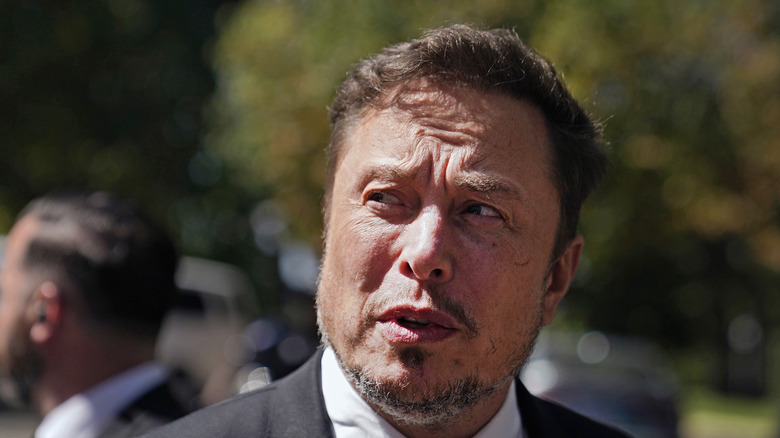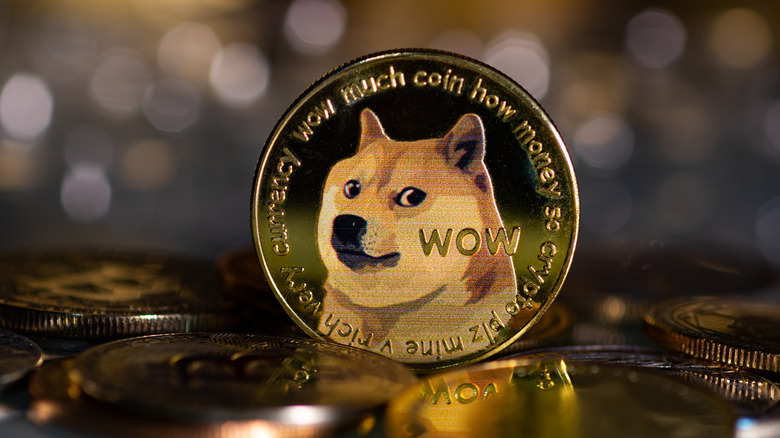Elon Musk Breaks Down Three Pivotal Problems That Doomed NFTs
Elon Musk recently appeared on Joe Rogan's podcast, and over a glass of whiskey and cigar, he had some choice words to say about non-fungible tokens. "NFT is not even on the blockchain. It's just a URL to the JPEG," Musk remarked. Musk's claims are true to a certain extent. Cryptopunks, the 8-bit-style portrait NFTs that were all the rage not too long ago, are stored on-chain within the Ethereum network.
Musk added that the NFTs should at least be encoded in the blockchain so that it remains there. The billionaire raised the argument that if a company offers servers to store the URLs of these digital artworks and then subsequently goes out of business, the NFTs essentially vanish with it. There are actual instances of such crashes happening, with FTX and Rally marketplaces being two of the most well-known examples.
Interestingly, Musk isn't entirely averse to the idea of NFTs. Two years ago, Musk also put one of his tweets for sale as NFT but later changed his mind after getting an offer worth over a million dollars. When he hosted "Saturday Night Live" back in 2021, he joked that Dogecoin was "a hustle."
The same year, there was a short-lived spell when Tesla started accepting Bitcoin payments for its electric cars, while Dogecoin was deemed acceptable for buying merchandise. Musk's affinity for the latter also earned him "the Dogefather" nickname. Binance, the world's largest crypto exchange, also poured around half a billion to help Musk buy Twitter.
The shady side of NFT trade
Musk also addressed the issue of NFTs being exploited for crimes like tax evasion and money laundering. Those concerns are legitimate, and also a tad overblown by skeptics. In its early 2022 report, blockchain analytics firm Chainalysis found that NFTs worth around $1.4 million were engaged in illicit trading.
Wash trading has been a recurring theme in the NFT business, allowing sellers to artificially inflate the price of digital artwork with unscrupulous hype work. And since NFTs are directly tied to crypto wallets, transactions were quick, and mixer services made it even easier to hide the trail via frequent token conversions.
The U.S. Justice Department also recommended that NFTs should be pushed under the aegis of the money laundering guidelines. The main concern was the bad actors were buying NFTs with illicit money and then selling them to interested parties paying with their legitimate funds. On a related note, the Justice Department is no particular fan of Tesla, so it could also explain why Musk would want to keep his dabbling in the NFT universe to a bare minimum or none at all.
However, the scale of NFT-fueled money laundering never reached a scale where it could challenge other means used by criminals. Moreover, following the crypto winter that wiped hundreds of billions of dollars from the industry, the value of tokens that once went for millions has come crashing down to relative pennies.

